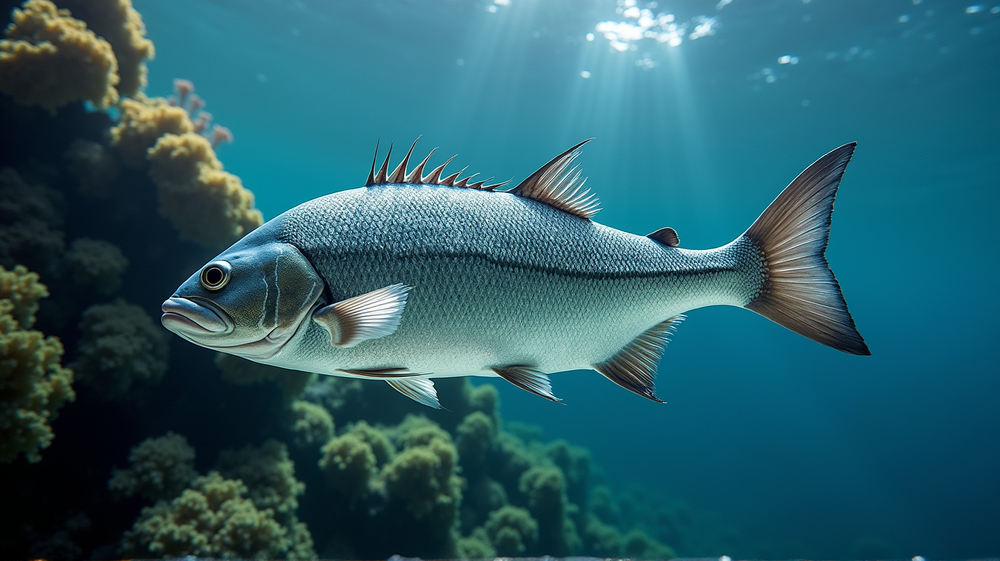Groundbreaking Antiviral Technology Set to Revolutionize Chilean Aquaculture
In an unprecedented move for the global aquaculture industry, Chilean researchers are poised to pioneer an innovative antiviral strategy harnessing PROTAC technology, potentially transforming how viral diseases in fish are combated. This visionary project, awarded a prestigious FONDECYT Exploration 2025 grant, aims to adapt this cutting-edge molecular tool for use against the infectious pancreatic necrosis virus (IPNV) in salmonids—a key adversary in the fish farming sector.
An Innovative Leap in Aquaculture
Spearheaded by experts from the Interdisciplinary Center for Aquaculture Research (INCAR), Universidad San Sebastián, and Universidad Santo Tomás, this four-year initiative targets the VP2 protein of IPNV. While PROTAC systems are well-established in treating mammalian diseases like cancer, their application in aquaculture positions Chile at the forefront of redefining fish health management.
The Promise of PROTAC Technology
Dr. Jaime Figueroa Valverde, principal investigator, highlights the breakthrough nature of deploying PROTAC in aquaculture, stating, “By tapping into the cell’s natural processes to dismantle specific proteins, we can directly disarm viral threats before they wreak havoc.” Dramatically illustrated by successful trials in mammalian systems, PROTAC offers a tantalizing glimpse into a future where specific antiviral treatments replace blanket preventive measures.
Bridging Scientific Frontiers
Chile’s rich legacy in aquaculture and diverse environmental conditions make it an optimal testing ground for such novel applications. According to Aquafeed.com, leveraging interdisciplinary collaboration, researchers anticipate this initiative will revolutionize viral management across the fish industry, paving the way for additional innovations and international discourse on aquatic health.
A Roadmap for Integration
Looking beyond virus-specific applications, this breakthrough could herald broader ramifications, encouraging exploration in worldwide aquaculture ecosystems. With the potential to mitigate disease outbreaks and augment the industry’s sustainability, PROTAC technology suggests a paradigm shift that extends far beyond immediate objectives.
Navigating Future Challenges
As this path-breaking research progresses, strategic emphasis will be placed on thorough patent analyses and aligning regulatory frameworks to safeguard intellectual property, ensuring the scalable integration of PROTAC systems into aquaculture practices globally.
This groundbreaking endeavor opens avenues for addressing not just IPNV but a spectrum of pathogens currently compromising salmonid health. Researchers remain optimistic that their efforts will stimulate broader scientific inquiry and yield technologies that bolster fish health while aligning with sustainability and environmental stewardship in aquaculture industries worldwide.




